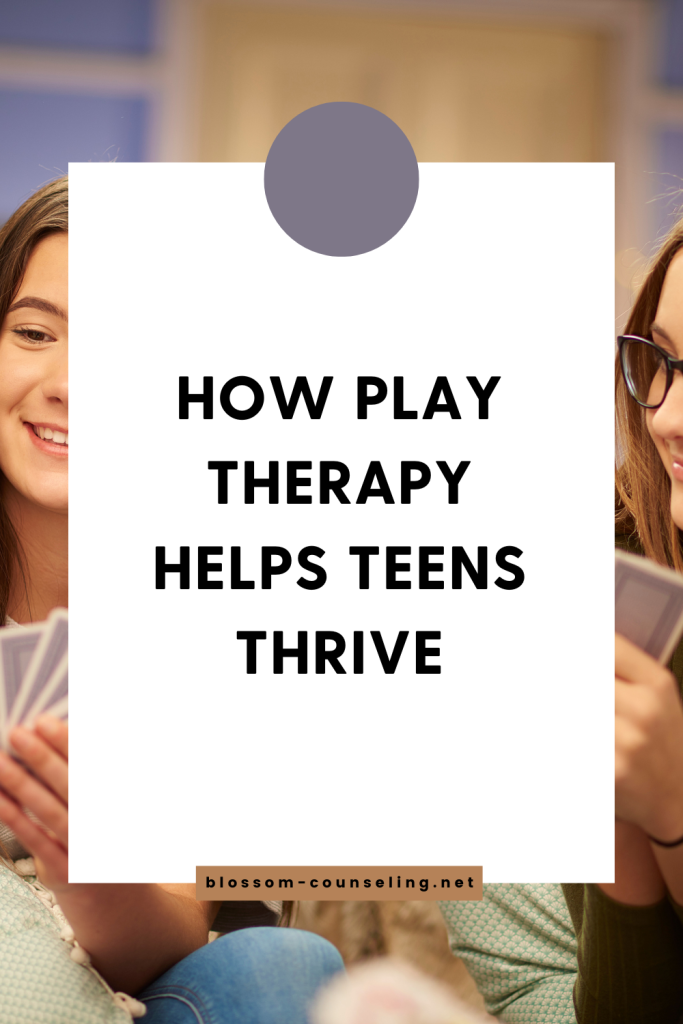
Grief is a complex emotional experience that arises from the loss of someone or something that is significant to us. It is a natural response that can affect people in different ways. For some, the grieving process can be relatively quick, while for others, it can be a long and arduous journey. Regardless of the length or intensity of the grieving process, one thing is certain: grief can have a significant impact on the brain and its functions.
The Amygdala and Grief
The amygdala is a small almond-shaped structure in the brain that is responsible for processing emotions, including fear and sadness. When a person experiences grief, the amygdala can become overactive, leading to an increase in negative emotions. This can result in symptoms such as anxiety, depression, and irritability. The overactivity of the amygdala can also affect a person’s ability to form new memories, making it difficult to remember events or information from the period of grief.
Recent studies have shown that the amygdala can also become hyper-responsive to positive stimuli after experiencing grief. This could be a reason why some people may find themselves feeling happy or content immediately after an event that would normally make them happy, like a birthday or a promotion. This heightened response to positive stimuli is not necessarily a bad thing, but it could be an indication that the brain is still processing the emotions that come with grief.
The Prefrontal Cortex and Grief
The prefrontal cortex is the part of the brain responsible for decision-making, problem-solving, and regulating emotions. During grief, the prefrontal cortex can become underactive, leading to difficulties in making decisions and processing information. This can result in a lack of motivation and difficulty in completing tasks. Furthermore, the prefrontal cortex is also responsible for regulating emotions, and its underactivity can lead to mood swings and emotional instability.
Interestingly, studies have shown that people who experience grief may also have increased activity in the anterior cingulate cortex (ACC), which is involved in regulating pain and emotions. This increased activity in the ACC could be a way for the brain to cope with the emotional pain that comes with grief.
The Hippocampus and Grief
The hippocampus is the area of the brain responsible for forming new memories and recalling old ones. During grief, the hippocampus can also become underactive, leading to difficulties in forming new memories and recalling old ones. This can result in a feeling of disorientation and confusion. Additionally, the underactivity of the hippocampus can affect a person’s sense of time, making it feel like time is moving too quickly or too slowly.
Recent studies have shown that the hippocampus may also play a role in the emotional processing of grief. The emotional memories associated with grief are stored in the hippocampus, and it is believed that the hippocampus may be responsible for the emotional pain associated with grief. This could be why memories associated with grief can be so vivid and can trigger strong emotional reactions.
Coping with Grief
While grief is a natural part of the human experience, it is important to seek appropriate support and treatment if it is impacting daily life. There are many ways to cope with grief, including talking to a therapist, joining a support group, or engaging in self-care activities such as exercise or meditation. Understanding how grief affects the brain can help individuals who are experiencing grief to seek the support and treatment they need to navigate this difficult time.
Grief can have a significant impact on the brain and its functions. The overactivity of the amygdala, underactivity of the prefrontal cortex, and hippocampus can lead to a range of symptoms that can affect a person’s daily life. However, recent studies have shown that the brain may have mechanisms to cope with the emotional pain associated with grief. By seeking appropriate support and treatment, individuals can navigate the grieving process and emerge stronger on the other side.
|
|




